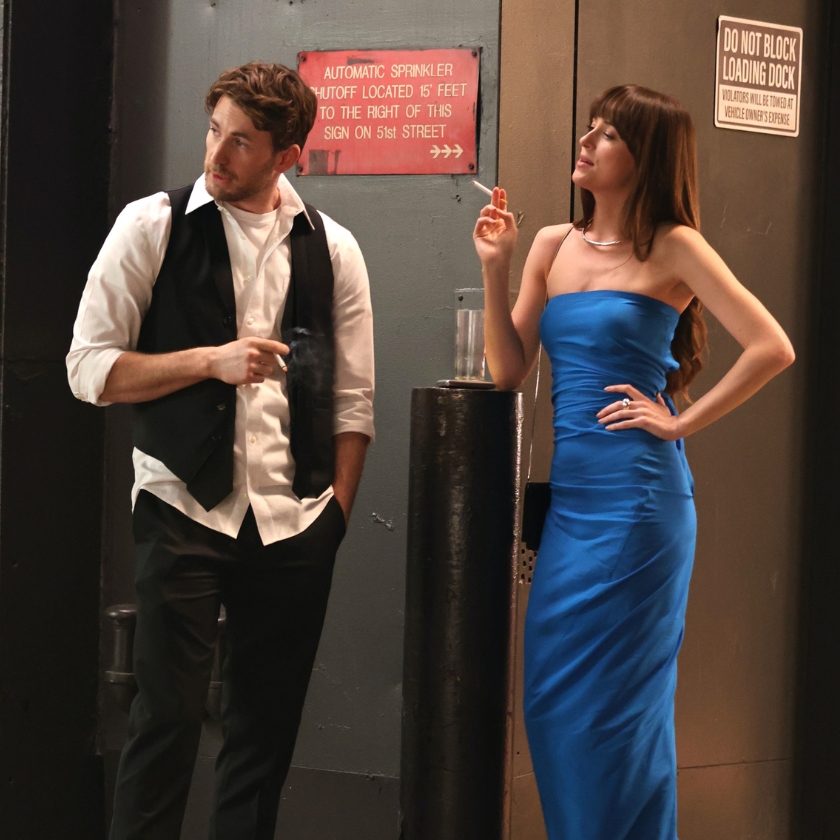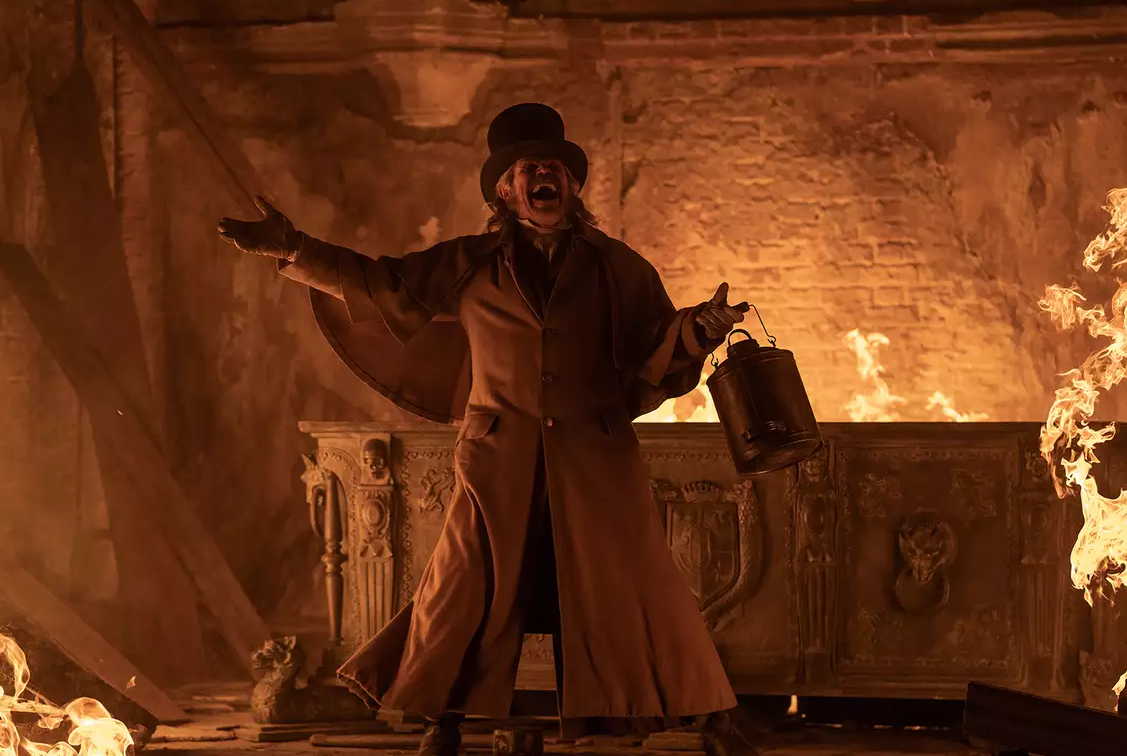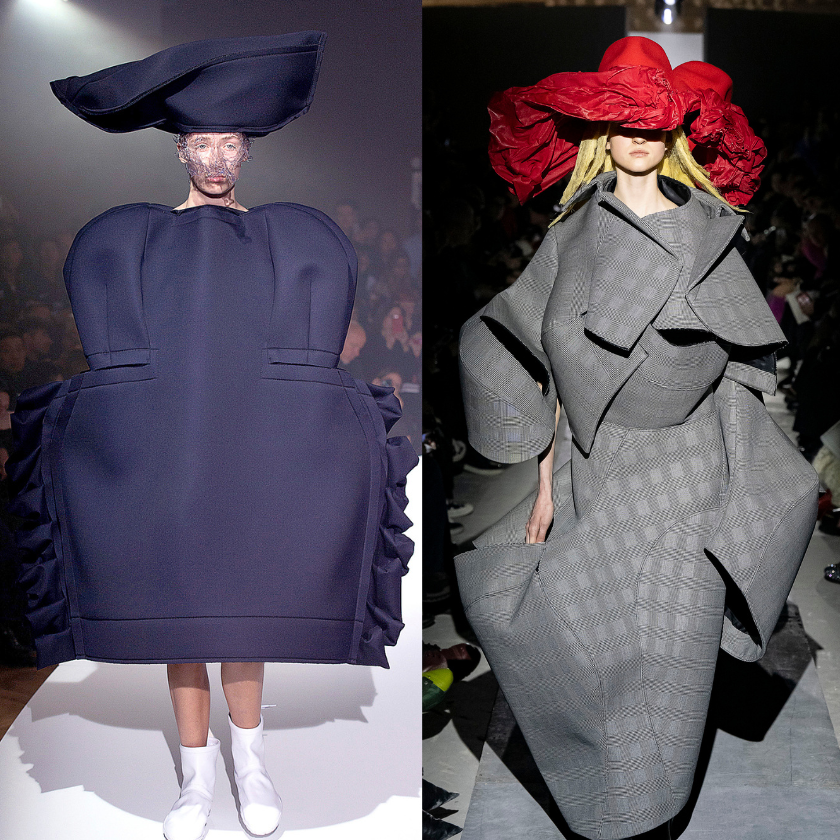Baby Reindeer and the complications of mining personal experience for emotional truths
As Richard Gadd’s confronting tale of a man and his stalker shows, the decision to dramatise traumatic experiences is a brave, often cathartic one. The problem is, in the digital age, the journey doesn’t always end when the story reaches the screen

If you haven’t already watched Baby Reindeer, this story contains spoilers.
IF YOU’VE WATCHED even a little of the current Netflix sensation, Baby Reindeer, you’ll know that Martha, the woman who stalks lonely, vulnerable barman/struggling comedian Donny, is the kind of character that embodies the phrase ‘the truth is stranger than fiction’.
The seductive high notes of emotional honesty are there in her first hopeful reaction to Donny’s offer of a cup of tea. They’re certainly there in the stream of consciousness (and abuse) of her garbled emails to Donny. And they are definitely there in Donny’s growing dread and accompanying inability to escape the grip of this unwell woman, as he descends deep into his own troubled past. Which, in the fourth episode, involves Donny delving into the reasons he’s allowed Martha into his life in the first place, something he attributes to the psyche-shredding experience of being sexually abused by an older man called Darrien O’Connor, a successful TV writer-producer who befriended him at the Edinburgh Festival Fringe in 2012.
The unsettling dynamics of these relationships and the mental anguish experienced by Donny, as portrayed by writer and creator Richard Gadd, are raw and at times emotionally overwhelming. The show is an amalgamation of Gadd’s 2016 one-man stage show Monkey See, Monkey Do and its 2019 follow-up Baby Reindeer, which the actor says are based on his real-life experiences of being stalked and sexually abused. It’s currently the most-watched show on Netflix globally.
There’s little doubt that it’s the show’s emotional honesty, something that hinges on its grounding in reality, to which most viewers have responded. It’s difficult to see a purely fictional tale achieving the same gravity or landing the same emotional punch. A tether to reality, no matter how slim, is often the secret sauce that makes a story relatable and impactful; a recipe that perhaps explains why true crime podcasts have gripped swaths of the population since the genre was kicked off by Serial back in 2014. Truth isn’t just stranger than fiction. In terms of the emotional wallop with which it can hit a viewer, listener or reader, it’s stronger, too.
But choosing to mine your life experiences, as Gadd has in Baby Reindeer, has become a more fraught exercise in the digital age. It’s something the Scottish writer, actor and comedian has been finding out this week, as an army of digital detectives and internet sleuths seek to trace the real-life Martha and Darrien.
So far, at least three women have been identified as the “real” Martha, with people cross-referencing details of real-life stalking cases with the clues to her identity present on the show. In a sad irony, a tale about a stalker has created an army of them, much to Gadd’s dismay. “People I love, have worked with, and admire … are unfairly getting caught up in speculation,” he wrote on a now deleted Instagram post. “Please don’t speculate on who any of the real-life people could be. That’s not the point of our show.”
He’s right, it’s not, but it’s certainly a consequence of the show’s popularity, one that any writer or artist contemplating turning personal trauma into a pathos-rich tale would be wise to heed. At this stage the hunt for real-life Martha and Darrien seems to be one born mostly of a desire to satisfy curiosity rather than mete out justice. But the ‘investigations’ could yet swing in other directions. There will likely be those that question the veracity of Gadd’s story. The actor has said that the lengths he went to disguise Martha mean the person would likely not recognise themselves. “What’s been borrowed is an emotional truth, not a fact-by-fact profile of someone,” he said.
The blurring of lines between truth and fiction is a messy, sometimes slippery business. Emotional honesty is not the same as factual veracity and doesn’t need to be. Donny, Martha and Darren are fictionalised characters. Basing characters on real-life people is a practice as old as storytelling itself. Take it away and the publishing and film industries would likely collapse.
But in some cases, the lengths writers go in mining their own lives in pursuit of an emotional connection, does invite scrutiny. Back in the ’90s, Lorenzo Carcaterra’s best-selling book Sleepers (later made into a movie starring Brad Pitt and Robert De Niro) claimed to be based on the author’s experiences of sexual abuse in a youth detention centre. Even back in the pre-internet era, the book’s improbable narrative arcs generated suspicion. Questions about the book’s veracity were raised by the Sacred Heart of Jesus Church and School, (which Carcaterra attended) and by the Manhattan District Attorney’s office, who found no records of a case like the one described in the book.
Carcaterra stuck by his story, telling Time, ”You have to change dates, names, places, people. The way they looked; you have to make them look a different way. If it happened here, you have to make it happen there.” Questions about the book’s truthfulness largely slipped away, these days consigned to Reddit threads and Quora forums. But if Sleepers were to be released today, you can bet it would face a level of forensic internet-led analysis that it may not be able to withstand.
In a similar vein, the plot of last year’s bestseller, Yellowface, deals with the issue of truthfulness, appropriation and creative licence in fiction, through the prism of race. Here the white protagonist, June Hayward, attempts to pass off the work of a Chinese-American writer as her own, only to be outed and publicly shamed by a digital jury. In the cases of literary scandals of the type featured in Yellowface, the audience understandably feels cheated.
A sense of reality is a narrative goal writers pursue and audiences crave, even in genres like fantasy or sci-fi – see the parables of conquest offered by Game of Thrones or the destructive influence of commodities showcased against a galactic backdrop in Dune. The magic trick pulled off by a book like Slumdog Millionaire was creating a fantastical tale underwritten by the grit and inherent stakes generated by poverty and aspiration. By the end, you felt yourself wishing it were a true story. To that same end, in movies ‘based on a true story’ or biopics, we love to see photos of the real-life people during the end credits or hear about what they went on to do in later periods of their lives. We need our emotional response to the work to be validated.
Mining personal experiences for creative or even commercial ends is not limited to fictional stories, either. The Guardian recently published an investigation into the veracity of self-help guru Jay Shetty’s claims that he spent three years living in an ashram in order to become a monk. The story is currently the subject of a legal complaint and Shetty hasn’t publicly addressed the allegations made in the article. If Shetty’s claims were proven to be exaggerated or false it would surely be a devastating blow to his brand, one that owes its success in large part to the remarkable personal journey he details in his best-selling book, Think Like A Monk.
In the case of fiction, personal stories, particularly traumatic ones, certainly aren’t going anywhere. For many, like Gadd, the creative process offers a form of catharsis that can help deal with trauma. Audiences will continue to respond to these often searing, sometimes cringy emotional journeys – it hasn’t received the same attention but, in its pure awfulness, much of Donny’s stand-up work is difficult to watch, as Gadd digs deep into comedy’s ample opportunities for humiliation.
And when an incredible tale built on the bricks and mortar of real events truly affects us, as Baby Reindeer obviously has, we’ll continue to instinctively look for its emotional truths to be corroborated by factual evidence. The ‘truth’ is, in some cases, that may be asking too much.
Support is available from the National Sexual Assault, Domestic Family Violence Counselling Service at 1800RESPECT (1800 737 732).
Related:























